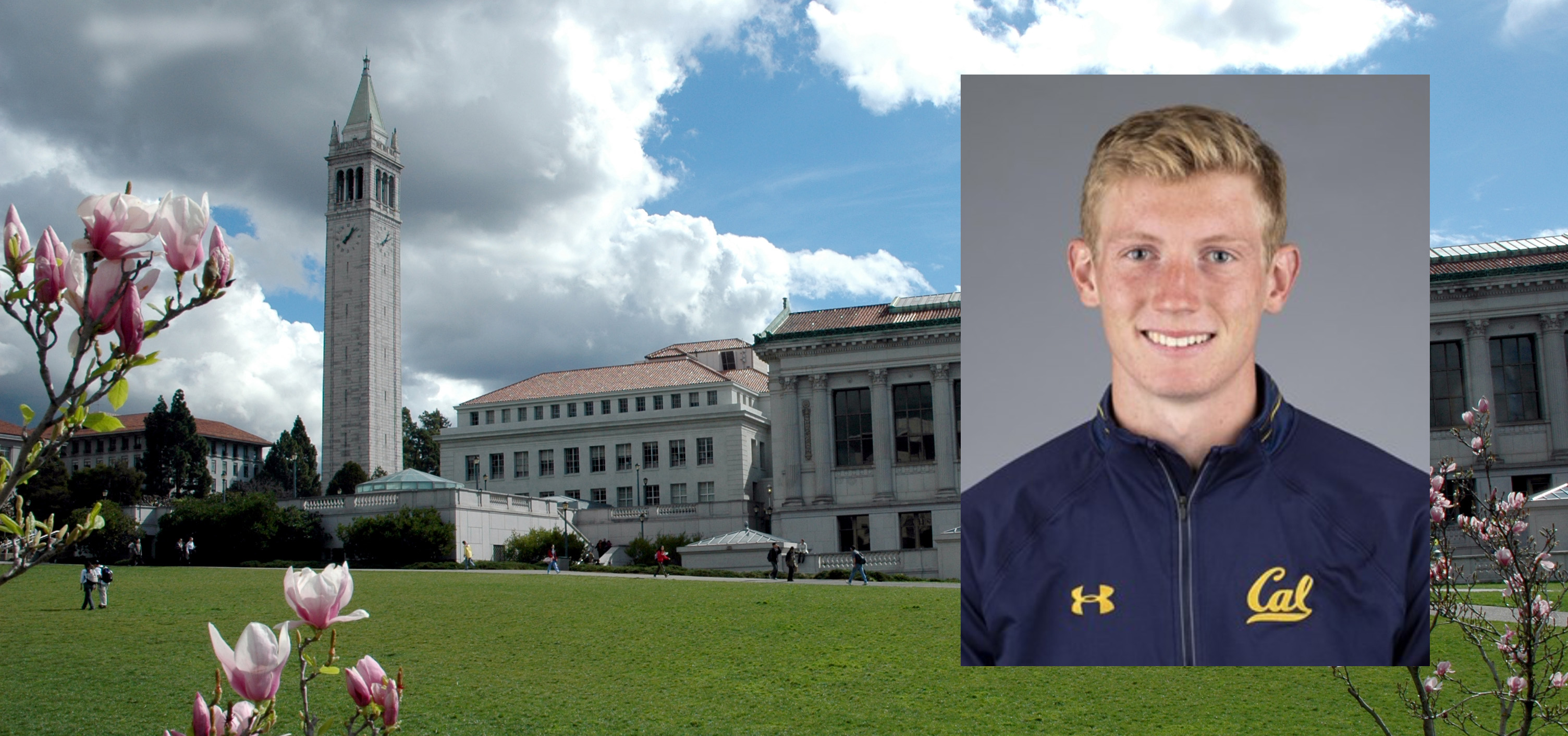The Politics of Social Solidarity
How are individuals forged (or not) into political communities? By whom? For what ends? How can these political projects face the reality of division, diversity, and difference? Is there even such a thing as a common interest? Is solidarity possible in a world constructed and striated by social powers of all kinds? To what extent can solidarity resist the individualization that characterizes contemporary political and economic life? How are contemporary social movements linked to a much longer political history and much wider theoretical tradition?
In this course, we will consider these questions through a variety of historical, theoretical, and methodological perspectives in the history of political thought and contemporary political theory. We will endeavor to understand these texts on their own terms, in their historical contexts, and their broader implications for contemporary political life. We will not settle these questions but deepen our understanding of the complex theoretical and political history of social solidarity.
Instructor: Brian Judge





